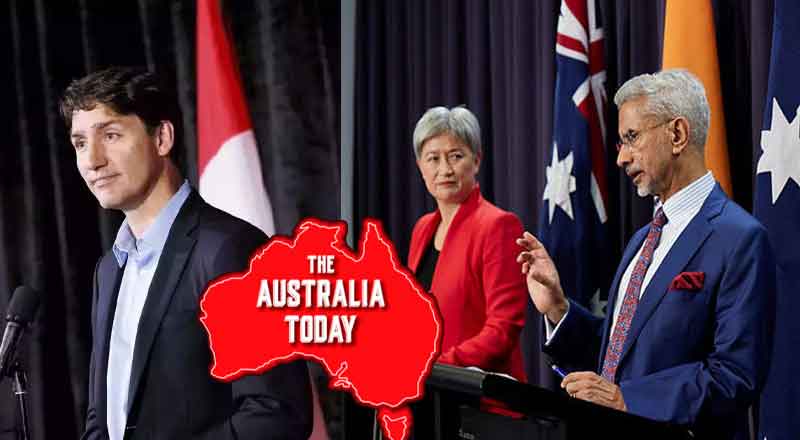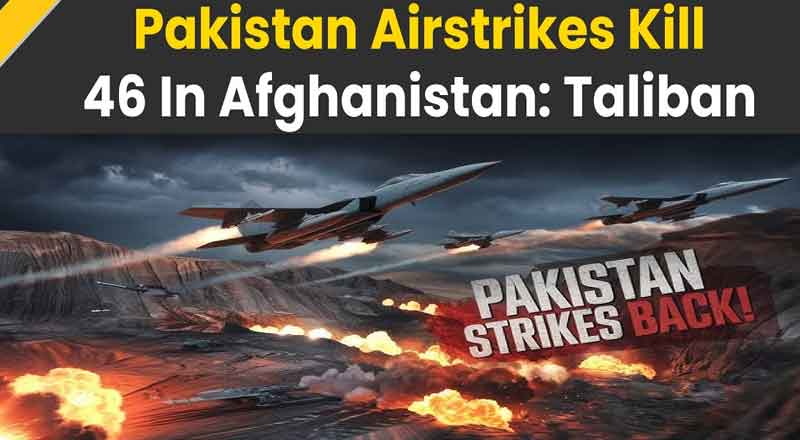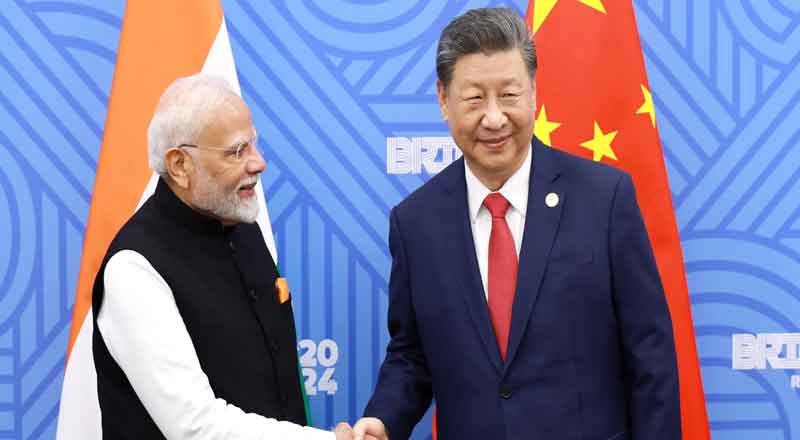Tensions between India and Canada escalated further after Canada blocked the prominent Australian news outlet Australia Today from airing in Canada. The ban came immediately after Australia Today aired a press conference held by India’s External Affairs Minister S. Jaishankar, in which he criticized the Trudeau government’s permissiveness toward pro-Khalistani extremists. India responded sharply, calling the ban a glaring example of Canada’s “hypocrisy” regarding freedom of expression. Amid an already fraught diplomatic standoff, this action adds fuel to a complex international dispute over free speech, terrorism, and national sovereignty.
The Ban and Australia Today’s Response
Canada’s restriction on Australia Today swiftly followed the platform’s broadcast of Minister Jaishankar’s press conference in Canberra. During the conference, Jaishankar openly condemned the Canadian government for allowing extremist activities on Canadian soil that target India’s sovereignty. In response to the ban, Australia Today released a statement underscoring its commitment to “transparency and free press.” Jitarth Jai Bharadwaj, the managing editor, affirmed, “We remain steadfast in our mission to bring important stories and voices to the public, undeterred by these obstacles.” He further emphasized the crucial role of a free press, buoyed by strong public support, to provide transparency, accuracy, and essential storytelling.
India’s Reaction: Accusations of Hypocrisy
The Ministry of External Affairs in India quickly addressed Canada’s action, labelling it as contradictory to Canada’s purported commitment to freedom of speech. MEA Spokesperson Randhir Jaiswal highlighted the unusual timing of the block, occurring just hours after Australia Today aired Jaishankar’s statements. He questioned Canada’s approach, stating, “These actions yet again highlight the hypocrisy of Canada towards freedom of speech.” This incident, he suggested, reveals an inconsistency between Canada’s advocacy for open dialogue and its restriction of views critical of its policies.
Jaiswal outlined three critical issues Jaishankar raised concerning Canada: unproven allegations against India, alleged surveillance of Indian diplomats in Canada, and the unrestricted political space given to anti-India elements, especially pro-Khalistani factions. Jaiswal noted, “You can draw your conclusions from that, why Australia Today was blocked by Canada.”
The Broader Context: Diplomatic Tensions and Violent Incidents
This ban on Australia Today comes amid rising hostility between India and Canada. Last week, a Hindu temple in Brampton, Canada, was allegedly attacked by pro-Khalistani separatists, sparking outrage in the Indian community. Jaishankar condemned the violence, describing it as “deeply concerning,” and criticized Canada for providing “political space” to extremist elements. Prime Minister Justin Trudeau condemned the temple attack, stating, “The acts of violence at the Hindu Sabha Mandir are unacceptable. Every Canadian has the right to practice their faith freely and safely.”
However, Trudeau’s critics argue that his government’s perceived leniency toward Khalistani supporters fuels tensions with India. For months, India has voiced concerns over Canada’s stance on pro-Khalistan groups, which demand an independent Sikh state and are allegedly responsible for multiple acts of violence targeting the Indian diaspora in Canada.
Root of Diplomatic Rift: The Nijjar Case and Its Repercussions
The current strain in India-Canada relations dates back to September 2023, when Prime Minister Trudeau suggested potential Indian involvement in the killing of pro-Khalistan extremist Hardeep Singh Nijjar. India vehemently denied these accusations as “absurd,” expelling six Canadian diplomats in retaliation and recalling its own high commissioner. Diplomatic relations worsened when Canada declared the Indian High Commissioner a “person of interest” in the Nijjar investigation, prompting India to dismiss the charge and expel additional Canadian officials, including Canada’s acting High Commissioner.
The blocking of Australia Today has intensified an already tense diplomatic standoff between India and Canada. For India, Canada’s decision to restrict a foreign media outlet for airing a critical viewpoint highlights what it sees as a double standard in Canada’s stance on free speech. While Canada condemns attacks on religious communities within its borders, its alleged tolerance of pro-Khalistan extremism has raised serious concerns in India. This episode underscores a deep divide in diplomatic relations, as both countries struggle with issues of sovereignty, security, and freedom of expression. As tensions continue to rise, it remains to be seen whether a diplomatic resolution can be found or if this incident will lead to further escalations in an already volatile relationship.
(With inputs from agencies)





